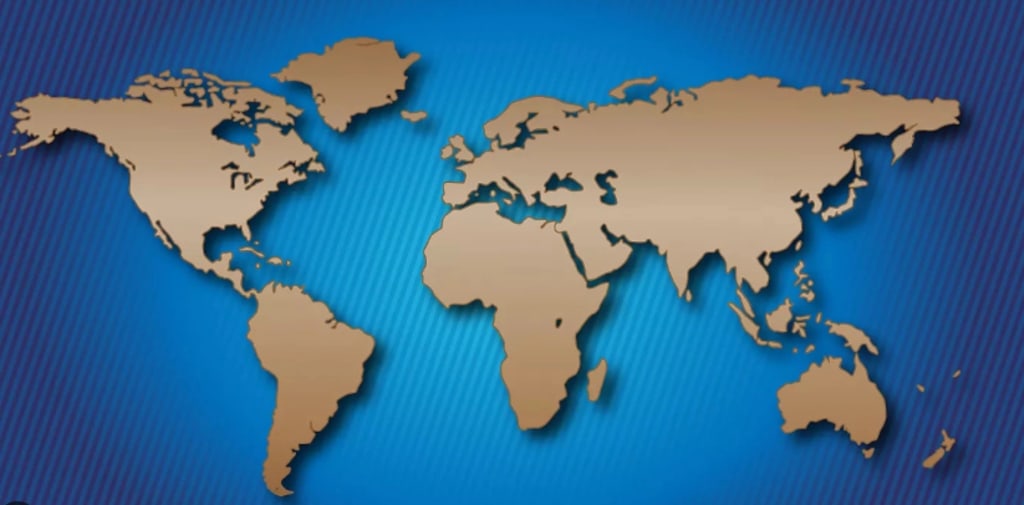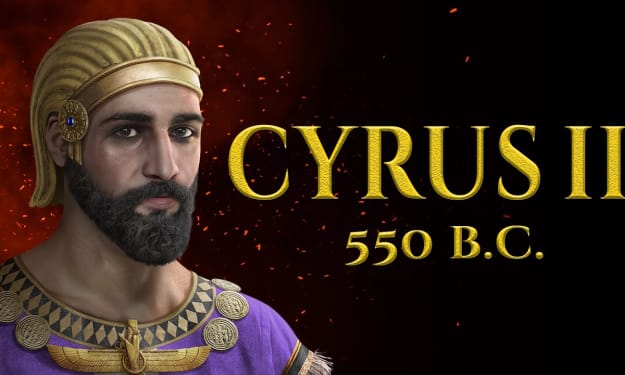Discovering the Rich Texture of Country Names: Journey to the Origins of 10 Countries
Turkiye, italy, japan, mexico, canada, ghana, peru, india, nigeria, afghanistan

Each country's name reflects a complex history and cultural richness, providing valuable insights into the lives and pasts of the people who have inhabited those lands.
Here is a brief history of the names of 10 countries. For now, I am giving the names and stories of Turkey, Italy, Japan, Mexico, Canada, Ghana, Peru, India, Nigeria and Afghanistan. In the next post, I will share information about where the names of the other 10 countries come from.
Turkey: The name Turkey is shaped by the migration of Turkic tribes from Central Asia, resulting in the conquest of Anatolia. This term signifies the historical events such as the migrations of Turkic peoples and the subsequent Turkic conquest of Anatolia. The term Turkey extends beyond geographical boundaries, embodying the historical, cultural, and strategic significance of a nation spanning the Middle East and Europe.
Italy: The name Italy derives from the Latin term "Italia," representing the territories beyond Rome during the height of the Roman Empire. This name stands as a symbol of the power and influence of ancient Rome. Italy is renowned for its rich heritage in art, science, and culture, transcending its name to encapsulate a wealth of historical significance.
Japan: The native name for Japan, "Nihon" or "Nippon," emphasizes the country's geographical location, signifying the place where the sun rises first. This term reflects Japan's significance in East Asia and its profound cultural interactions throughout history.
Mexico: Mexico's name is intricately tied to the Mexica people in the region where the Aztec Empire's capital, Tenochtitlan, once stood. Post-Spanish conquest, the name Mexico encompasses a broader geographical area, symbolizing a vibrant and complex historical past marked by ancient civilizations.
Canada: The name Canada is derived from the Iroquoian word "kanata," meaning "village" or "settlement." It represents a respectful acknowledgment of Indigenous peoples and their communities, reflecting a history where diverse societies converged.
12V/16.8V cordless hammer drill 650W- buy now

Ghana: Ghana takes its name from the ancient Ghana Empire, a powerful kingdom in West Africa during medieval times. The name Ghana serves as a tribute to the rich historical tapestry of the region.
Peru: The name Peru originates from the Quechua language spoken by indigenous people before Spanish colonization. In Quechua, it translates to "One River" or "Great River," reflecting the country's historical ties to the Andean region and its ancient civilizations.
India: The name India comes from the Persian-derived term "Sindhu," referring to the Indus River in ancient times. India carries a profound legacy of diverse cultures, religious beliefs, and artistic forms throughout history, encapsulating its unique historical identity.
Nigeria: Nigeria is named after the Niger River, the country's largest river system. This name directly highlights the country's geographical features, narrating a story of abundant natural resources and ethnic diversity.
Afghanistan: The name Afghanistan is derived from the Persian term "Afghan," representing one of the ethnic groups in the region. Afghanistan's name encapsulates a historical mosaic of Central Asia, marked by ancient civilizations, diverse peoples, and conflicts.
Each country's name reflects a complex history and cultural richness, providing valuable insights into the lives and pasts of the people who have inhabited those lands.
About the Creator
WORKING BRAIN
This is my hobby
Enjoyed the story? Support the Creator.
Subscribe for free to receive all their stories in your feed. You could also pledge your support or give them a one-off tip, letting them know you appreciate their work.






Comments
There are no comments for this story
Be the first to respond and start the conversation.